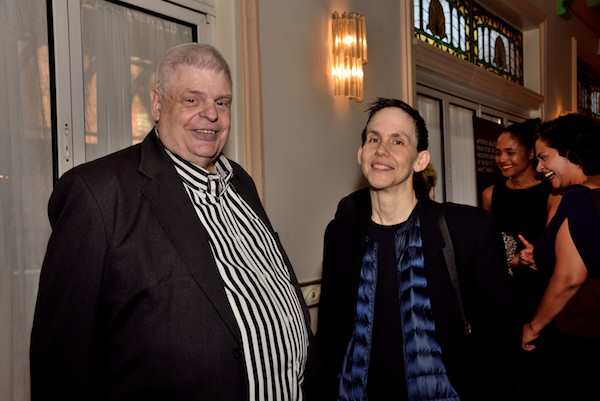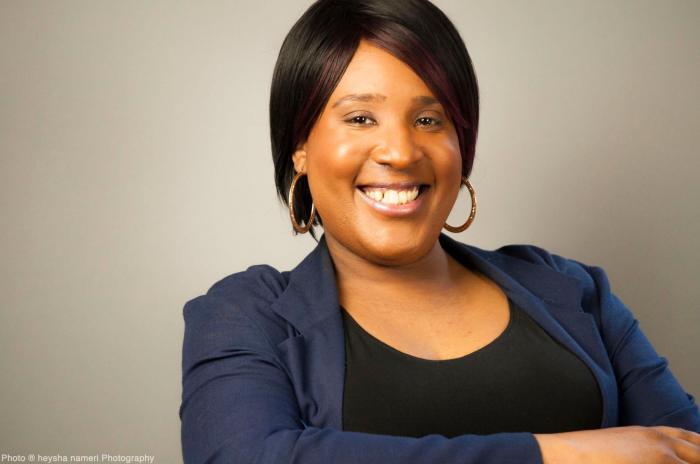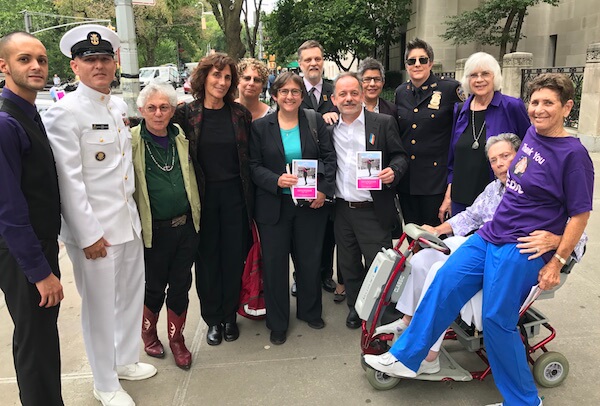Gay dad John Moix.
A sharply divided Arkansas Supreme Court voted 4-3 to reverse a circuit court’s requirement that a gay dad’s same-sex partner not be present when he has overnight visits from his youngest son.
Contrary to the view of the circuit judge, the state’s high court, on November 21, found that Arkansas does not have a “blanket rule” requiring such a restriction. The case was sent back to the circuit court to determine whether allowing the partner to be present would be in the boy’s best interest.
Reaching its conclusion based on state law, the high court declined to consider the gay father’s claim that the restriction violated his rights under the Arkansas and US Constitutions.
State Supreme Court says no blanket ban on partner’s presence in son’s overnight stays
When John and Libby Moix divorced in 2004, their settlement agreement stipulated that they share joint custody of their three sons, who would live with Libby but have liberal visitation with John. The agreement contained customary language that neither party was to have overnight guests of the opposite sex during visitation when the children were also spending the night. But soon after the divorce, John, a pharmacist, began a relationship with Chad Cornelius, a nurse, who began to live with him.
Libby, in turn, sought a modification of the court order, claiming it was harmful for the children to be exposed to their father’s “illicit relationship” with Chad. After negotiations, John continued to enjoy the same visitation rights with the couple’s twin older sons, but Libby won full custody of the younger boy, R.M., then age 5, with no overnight visitation with John.
Despite this change, R.M. continued to have overnight visits with his father — and Chad — during which John says the two men used separate bedrooms and never displayed physical affection in the boy’s presence. In 2009 and 2010, John became addicted to prescription drugs, had a hit-and-run accident, and experienced problems with his pharmacist’s license, landing him in inpatient treatment. Though he joined Twelve Step programs to address his addiction and passed frequent drug tests, Libby, when she remarried in 2010, informed John that because R.M. had a new father, he no longer needed John, and she sharply cut back on visitation.
In response, John sought a new order from the court modifying the visitation provisions so that he could have more frequent and overnight visitation with the young boy. He pointed to Libby’s remarriage and the sharp restrictions on his visitation as well as his successful drug rehabilitation as the justification for the court revisiting its order.
The circuit court heard testimony about both John and Chad, who is also a divorced father, and their relationship to their children. Chad’s ex-wife praised him as a wonderful father to their 16-year-old son, who, John argued, had a close friendly relationship with R.M., which was adversely affected by the visitation restrictions. While concluding it was in R.M.’s best interest to spend more time with his father, including one overnight a week, the judge said the court was required by Arkansas public policy to impose a “non-cohabitation restriction” preventing Chad from being present while the boy was staying overnight.
The circuit court rejected John’s argument that the non-cohabitation requirement violated the federal and state constitutions.
Justice Cliff Hoofman’s opinion for the Supreme Court noted that John and Chad “were in a long-term committed relationship, that they had resided together since at least 2007, and that Chad posed ‘no threat to the health, safety, or welfare’ of R.M.” The circuit court, Hoofman noted, “found no other factors present to militate against overnight visitation in this case” except for “the prohibition on unmarried cohabitation with a romantic partner in the presence of a minor child.”
Hoofman wrote that the high court’s majority agreed with John that the circuit court had misconstrued Arkansas law, and also observed that it avoids taking on constitutional questions if a case can be resolved on other grounds.
Looking to several prior Arkansas decisions, Hoofman noted that the courts had departed from a strict observance of a no-cohabitation rule. A 1999 decision, he wrote, “made it clear that the purpose of the non-cohabitation provisions are to promote a stable environment for the children and not merely to monitor a parent’s sexual conduct… We have emphasized in more recent cases that the policy against romantic cohabitation in the presence of children must be considered under the circumstances of each particular case and in light of the best interest of the children.”
As a result, Hoofman wrote, that “the public policy against romantic cohabitation is not a ‘blanket ban,’ as it may not override the primary consideration for the circuit court in such cases, which is determining what is in the best interest of the children involved.”
The next step, then, is for the circuit court to determine whether the ban on Chad staying overnight when R.M. does is required for the boy’s best interest.
John’s lawyers on this appeal include Holly Dickson of the Arkansas Civil Liberties Union and Leslie Cooper and James Esseks from the LGBT Rights Project at the American Civil Liberties Union.

































